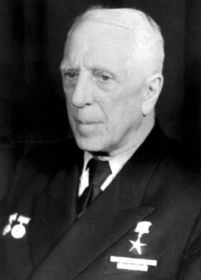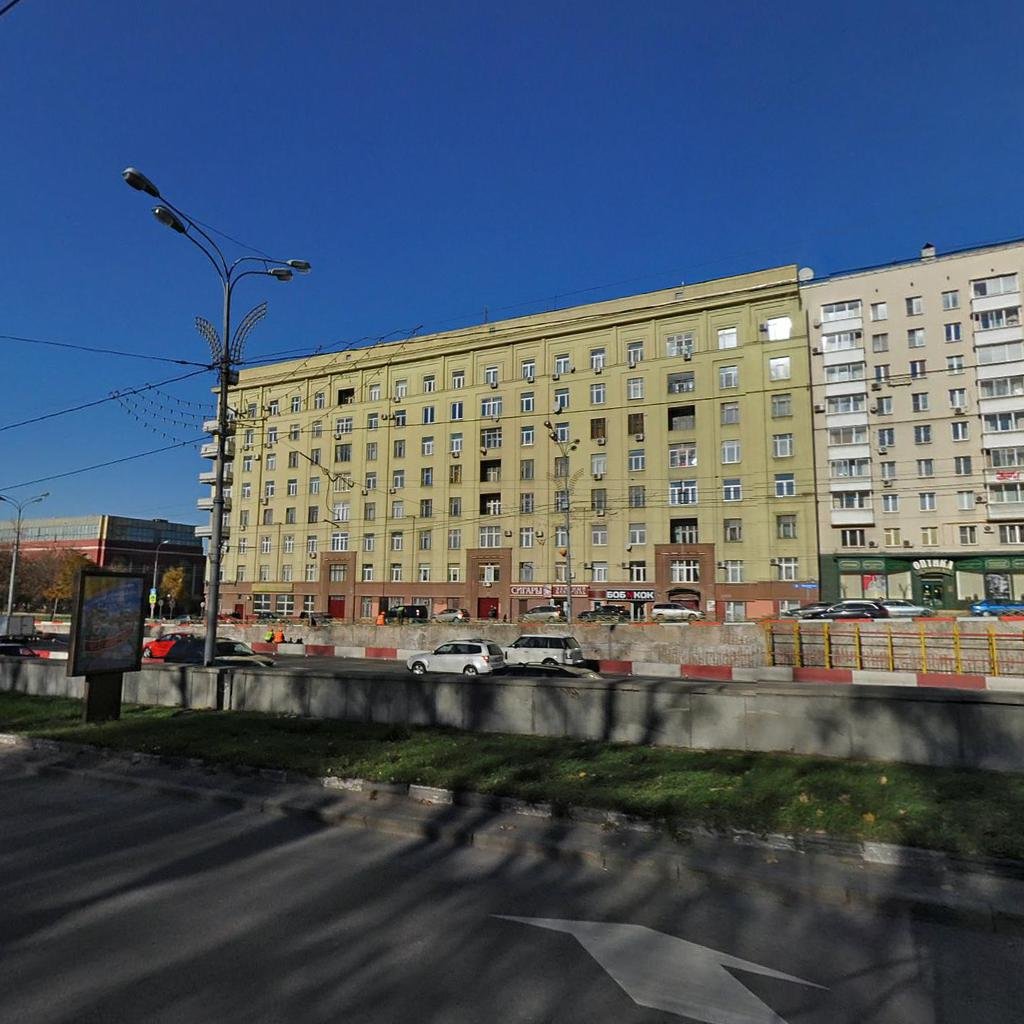Alexander Alexandrovich
Skochinsky
1874-1960

Alexander Alexandrovich Skochinsky was the Director of the Institute of Mining of the USSR Academy of Sciences, a Professor of the Moscow Mining Institute, Academician of the USSR Academy of Sciences. He was born in the family of a political messenger. His father was exiled to Siberia for participating in the Polish armed uprising against the tsarist government. Later, the family moved to the county town of Olekminsk, and then to the village of Abakanskoye, now the Krasnoyarsk Krai. In 1893 he finished Krasnoyarsk Gymnasium with a gold medal. He entered the Faculty of Physics and Mathematics of St. Petersburg University. In 1895 he transferred to St. Petersburg Mining Institute. In 1900 he graduated with honors from St. Petersburg Mining Institute. In 1900-1902 he worked in the Mining Institute. He was sent to European countries (Germany, Belgium, France, Austria-Hungary); visited coal, ore and salt mines and higher schools in Germany, Belgium and France. In 1902-1906 he was an assistant and then a lecturer at Mining Institute at the Department of Mining Art in St. Petersburg. In 1902-1917, he was a scientific secretary and a member of the Commission for Combating Explosions of Gases and Coal Dust in coal Mines in Russia. In 1904 he examined 14 mines of the Dombrowski basin (Poland) to determine the state of mine ventilation and the degree of their danger in relation to explosive gas and dust. In 1905 he defended his dissertation “Mine air and the basic law of its movement through mine workings”; he was confirmed in the rank of adjunct professor. In 1906-1917 he was a professor of the Mining Institute at the Department of Mining Art. In 1908-1915 he was an extraordinary professor. In 1917 he was sent by the mining department as a part of a special commission to Donbass to find out the mining capacity and prospects of production in this basin for the next 3-5 years. In 1917-1920 he was a professor at Don Polytechnic Institute (Novocherkassk). In 1920, he was an authorized representative of the Mining Council of the Supreme Soviet of the RSFSR at the Industrial Bureau of the South-East (Rostov-on-Don). In 1921, he was a member of the Board of the Mining Council of the Supreme Soviet of the RSFSR (Moscow). In 1921-1930, he was the Chairman of the Scientific and Technical Council of the Main Directorate of Mining Industry (then Mining Industry) of the Supreme Economic Council of the RSFSR and the USSR. In 1922 he was sent to Germany to get acquainted with mines and factories. In 1924-1925 he was sent to the USA and England to study the development of thin layers of coal. In 1927-1928 he was sent to Germany and the USA to get acquainted with mines and factories. In 1929, he organized a special bureau of mine ventilation at the Leningrad Giproschakht. In 1930-1960 he was a professor at Moscow Mining Institute and the head of the mine Ventilation laboratory (1930-1952), in 1952-1960 he supervised graduate students of the laboratory. In 1938-1960, he was the Director of the Institute of Mining of the USSR Academy of Sciences. On June 1, 1935 he was elected as a full member (academician) of the USSR Academy of Sciences. In 1943-1951 he worked in Novosibirsk, organized the West Siberian Branch of the USSR Academy of Sciences, he was one of the founders of the Institute of Mining in Novosibirsk. He was elected as the Chairman of the Presidium of the ZSF of the USSR Academy of Sciences in 1944. The organization of the branch, which included a number of scientific institutes, and in particular Mining and Geological Institute, was of great importance in the study and use of the natural resources of Western Siberia. Nowadays, the Siberian Branch of the Russian Academy of Sciences is a powerful scientific centre of world importance. The main works in these years were devoted to the problems of mine aerology and were related to safety issues in the underground mining of minerals. By the decree of the Presidium of the Supreme Soviet of the USSR dated August 9, 1954, for great services in the field of mining industry development and training of scientific and technical personnel and in connection with the eightieth anniversary of his birth, Alexander Alexandrovich Skochinsky was awarded the title of the Hero of Socialist Labor with the award of the Order of Lenin and the Hammer and Sickle gold medal.
Address: Moscow, Krymsky Val str., 8

